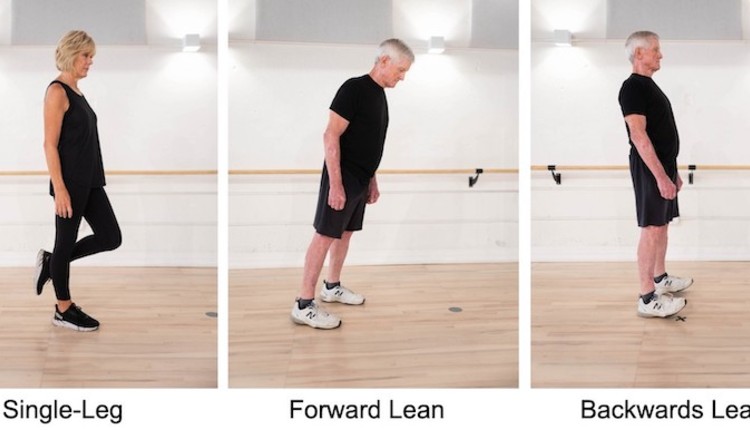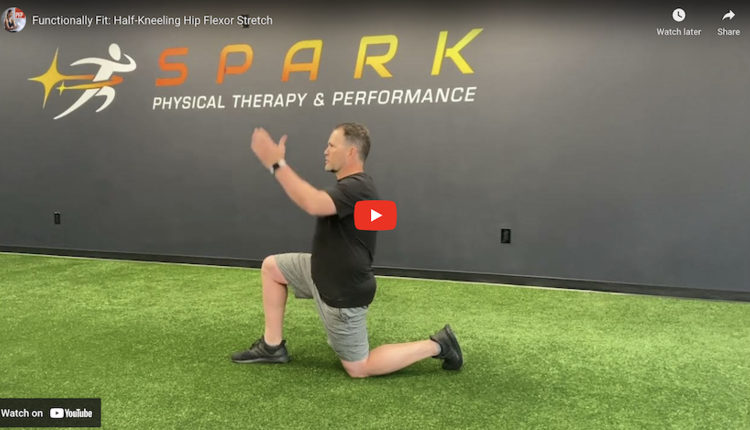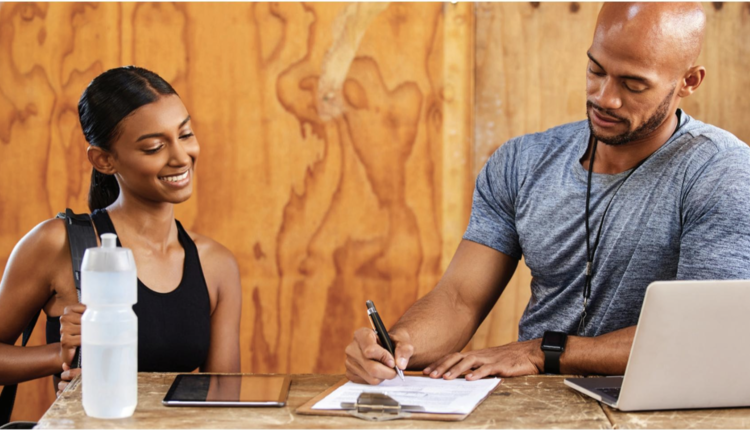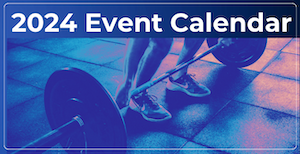The Listening Challenge
As a coach, you will ask good, thought-provoking questions, which lead to a client's own self-realization, simply by spending a good deal of time and attention listening to your clients' goals, struggles, obstacles and dreams. When you really do this intently, without judgment or a need to fix anything, you can help your clients find solutions that they derive mostly themselves and with no other help from you than simply being there for them. As a fitness professional, this shift, moving from the traditional role as teacher to that of a guide and mentor, is often the toughest. No longer do you run the show. No longer do you control the exact direction of the session or, ultimately, the process you are moving through with your client. As a coach, your job is mostly to listen intently and provide support and then, at the right moments, to ask pointed and insightful questions that motivate your clients to think in ways that are new to them. This allows them the space they need to grow and change and find their own answers. When people grow as human beings, change in all aspects of their lives is stimulated.
Most people go through life starving for the true, unbiased support they need to thrive as human beings. Yes, they might be surrounded with people who love and care for them, but these people, most often, cannot be their coach. Those in this support team are often too close to the situation and are too eager to provide unwanted advice and expertise, or are too eager to solve an individual's problems for him or her, instead of simply providing the support people need to find their own solutions. However, coaches can and do provide this needed support. And when you think about this simple need, there are not too many places or communities in our culture where you can get support and guidance specifically designed to help achieve peak wellness. Yes, we have gyms, studios and all kinds of help for the physical part of this process. But outside of program design and some of the haphazard counseling that happens along the way, how much focused work are we actually doing with our clients that is not physically based?
The Tri-Coaching Approach
Coaching can be combined with your fitness training in three different ways. And in each of the following situations, every client is receiving some combination of both physical training and coaching. The amount of each component in your session with your client will simply depend on his or her needs, both in general and on any given day. Sometimes, even within the context of just one session, clients might transition from an exercise session into the coaching chair, where you sit down with your client and work through the problems of the moment. It is also not uncommon to spend time at both the beginning and the end of a training session consulting with your clients. Such consultations and conversations provide not only unmatched support for them in their pursuit of peak wellness, but also keep a clear direction to the process. It is important to remember that as clients' lives and goals change, so should our work with them.
The coaching process also promotes mindfulness and presence on the part of the client, which is essential for unlocking
the body's natural intelligence an intelligence that exists in all of us and that will guide us to peak wellness if we would just stop for a moment and listen. The human body's natural state is to be healthy. But when it is not healthy, there is physical deterioration. Sometimes, we forget that this physical decline is often triggered and preceded by emotional imbalance. Until a client can find his or her way back to this balance, all of the training in the world will not solve his or her problems. However, it is still important to understand that exercise plays a vital role in this process. As your clients begin to bring their physiological state back into balance through exercise and good eating habits, their mental wellbeing will often follow.
Generally speaking, I have found that clients have three different sets of needs:
The first group is filled with those who don't necessarily need a lot of coaching. They simply want to stay in shape and keep their exercise programs fresh,
exciting and effective. And that is where the focus remains on the training and exercise.
The second group of individuals participate in both the training and the coaching part of the process. For these people, sessions are scheduled for training and coaching separately, so that each week, there is significant emphasis on each component. This is the ideal situation and one that often produces the best results.
The third group of individuals is made up of those that choose coaching services only. This group might be exercising regularly already, or more likely, they are struggling to such a significant degree that if we can just get them walking regularly, we will be making good progress. These clients are struggling with bigger and more significant obstacles and problems, and though you could run them through training sessions three times per week, which they might be able to grind out, it is better to address their barriers first so that lasting and long-term success is more likely.
The most significant part about combining training and coaching into your fitness business model is that it allows you to customize your programming to each individual client in ways that the competition probably can't match at this time. Therefore, this is great for your business and, more importantly, for the long-term success of everyone you can touch during your career.
John Ashworth is owner of The Fitness Nomad, a training and coaching business in Madison,











